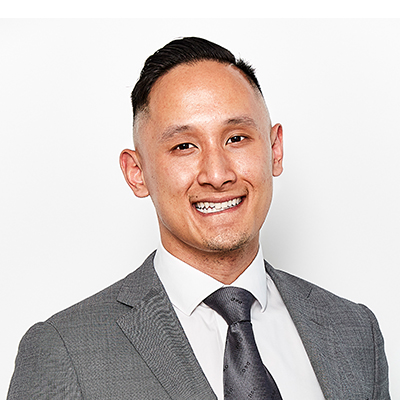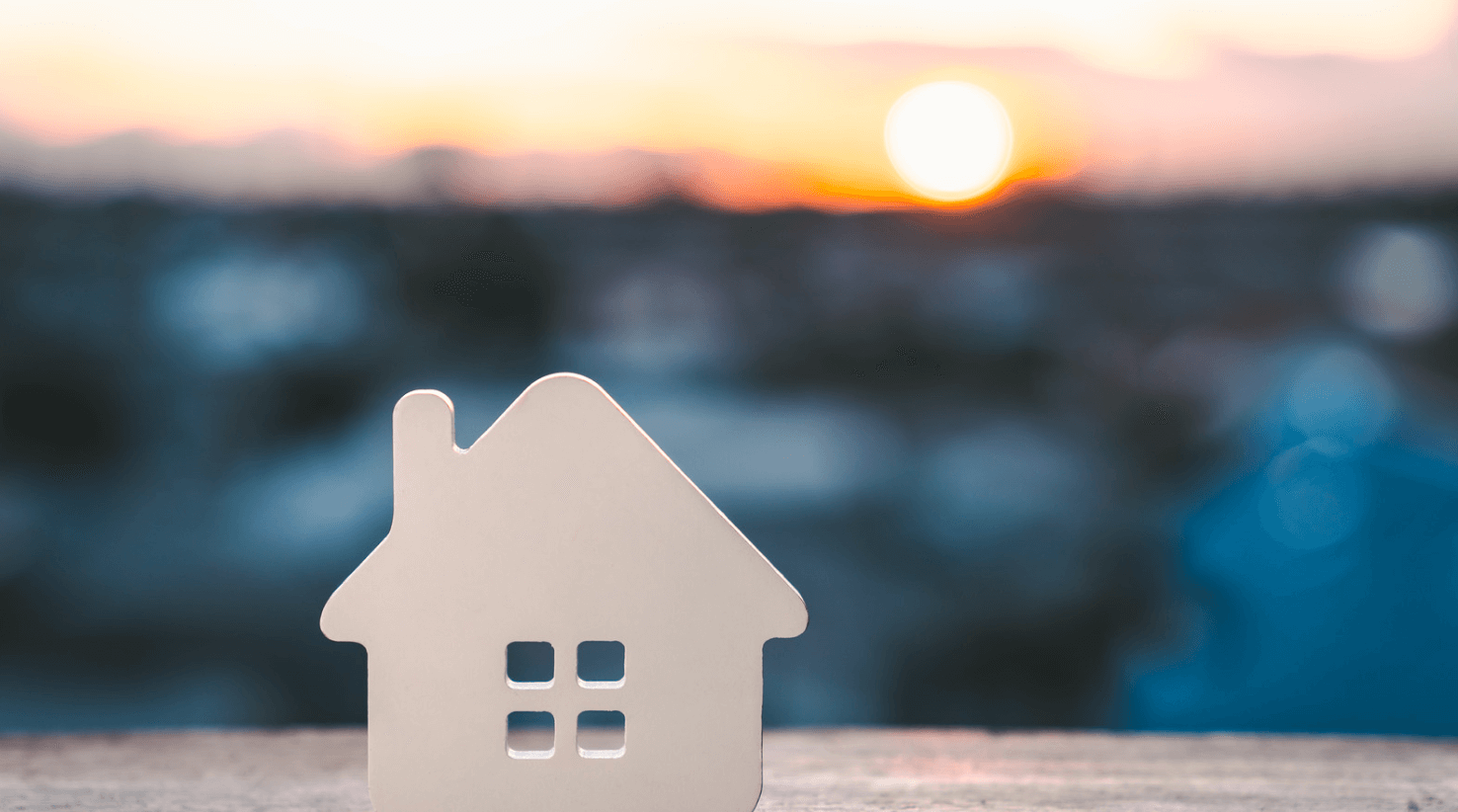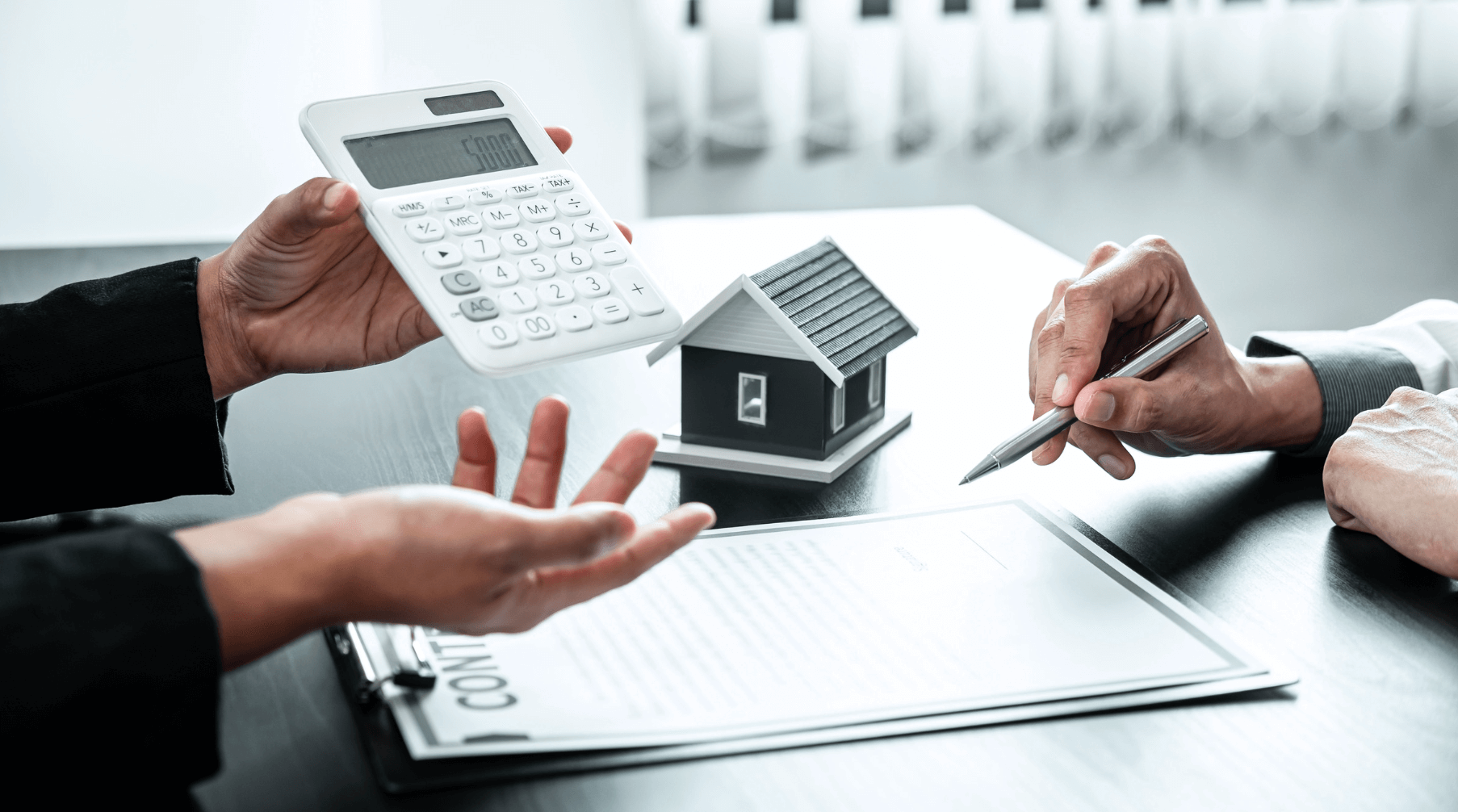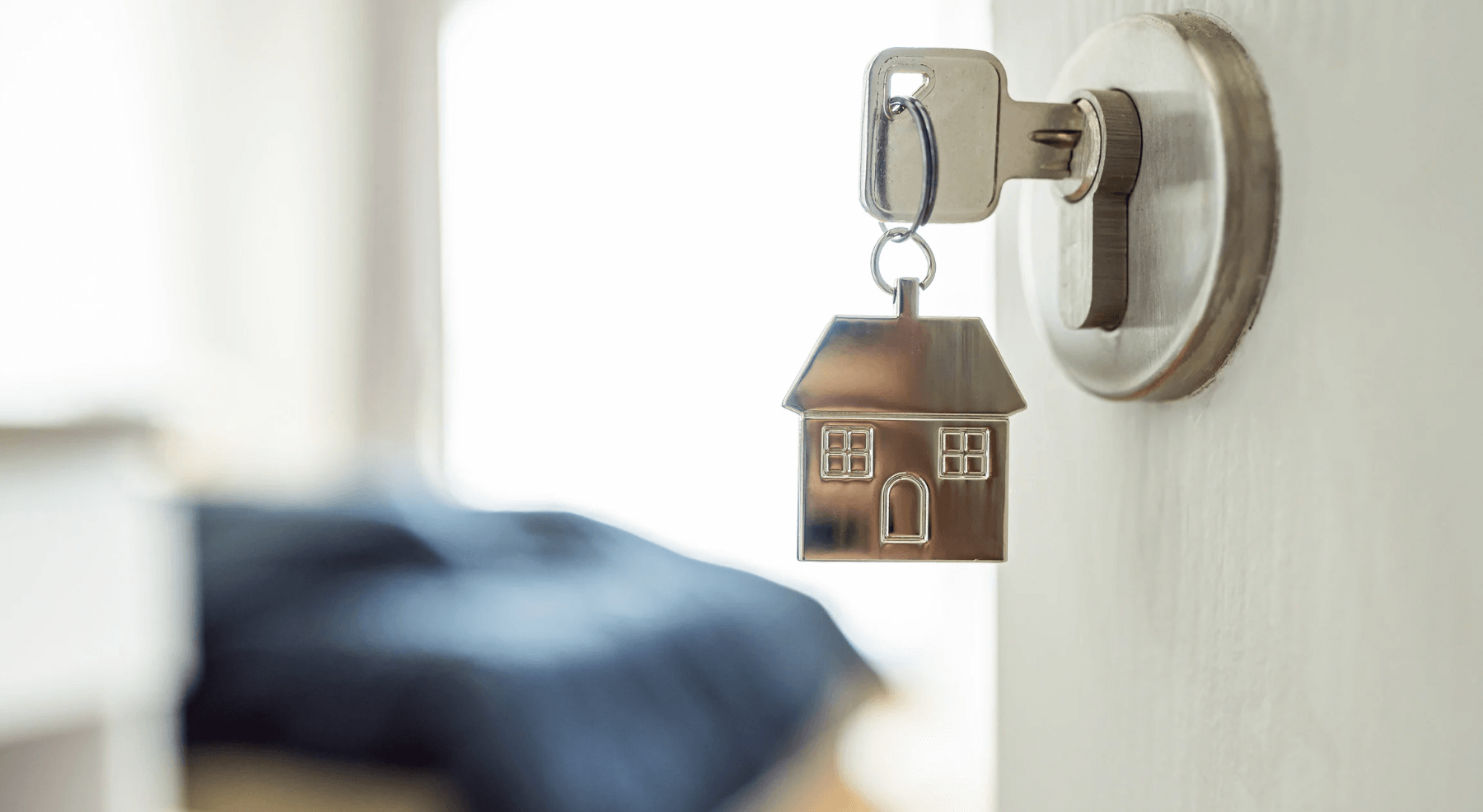Hidden Costs of Buying a Home in Australia: What First-Time Buyers Should Know
You’ve finally decided: it’s time to buy your first home. Maybe you’re tired of rent hikes. Maybe you’re craving a backyard and a barbecue setup. Maybe you’re just done with share house dish dramas. Whatever your reason, buying a home in Australia is a huge milestone and you deserve to feel excited about it.
But here’s the catch. That picture-perfect property price on the listing? It’s kind of like the base price for a car — drive-away costs are extra. A lot extra.
It’s surprisingly easy for first-home buyers to underestimate the true cost of buying a property. And the last thing you want is to get halfway through the process only to discover an unexpected bill you hadn’t budgeted for.
So let’s break down all those hidden (or simply less obvious) costs, and help you avoid any stressful surprises along the way.
Stamp Duty — The First Big Shock
Let’s get the biggest wallet punch out of the way first.
Stamp duty (or transfer duty) is a tax charged by state and territory governments. It can cost tens of thousands of dollars, depending on:
- The property’s value
- Where it is
- Whether you’re a first-home buyer
If you’ve heard someone say “We spent our deposit + stamp duty +… everything!”, this is why.
The good news?
If you’re a first-home buyer, you may qualify for concessions or even full exemptions in some states. For example, in NSW, eligible buyers pay zero stamp duty up to certain purchase thresholds.
Hot tip:
Before falling in love with a property, check whether you qualify for concessions. It could be the difference between “This is doable!” and “Maybe next year…”
Lenders Mortgage Insurance — The Cost of a Small Deposit
If you’re saving with both hands but house prices keep running away from you, you’re not alone.
Many first-home buyers enter the market with less than a 20% deposit. But when you do, Lenders Mortgage Insurance (LMI) kicks in. It protects the lender, not you — and it’s not cheap.
You might pay:
- A few thousand dollars on lower-value properties, or
- $20,000+ on higher-value ones
The worst part? Many buyers don’t even know it exists until the broker or bank brings it up.
How to avoid it:
- Save a 20% deposit (easier said than done, we know!),
- Have a guarantor, or
- Use the First Home Guarantee to buy with as little as 2–5% and no LMI
This is where having a good mortgage broker is gold, someone who knows every loophole and scheme available.
Conveyancing & Legal Fees — The Fine Print Matters
Buying a home involves contracts the size of a Harry Potter novel. And unless you’re secretly a property lawyer, you’ll want someone qualified reviewing them.
A conveyancer handles:
- Contract checks
- Title searches
- Settlement coordination
Expect to pay $1,200–$3,000.
Yes, it’s another upfront cost, but mistakes here can cost far more later.
Building & Pest Inspections — The Reality Check
Ever walked into an inspection and instantly imagined your furniture in the living room? It’s easy to fall in love with a home, while ignoring cracks in the wall that are just shadows, right?
A proper inspection checks for:
- Structural issues
- Termites
- Dampness
- Hidden defects
Cost: $400–$1,400 combined.
Because if the house is hiding a secret, you want to know before signing, not after the ceiling leaks on your first night.
Property Valuation Fees — The Bank Wants Proof Too
Lenders love to double-check your property isn’t overpriced. Many waive this fee, but not all.
Typical cost: $300–$800
Not the worst cost… but still something to plan for.
Loan Fees — Banks Love a Fee
Depending on your lender and loan type, you may encounter:
- Application fees
- Settlement fees
- Rate lock fees
- Monthly or annual loan charges
You could be looking at $400–$1,500 just in bank admin.
RateSeeker knows which lenders are fee-happy and which ones give you a fairer deal.
Insurance — Welcome to Homeownership
Once the contract is signed, the property is your responsibility. Even if the settlement is weeks away.
You may need:
- Home building insurance (often mandatory before settlement)
- Contents insurance
- Optional: Income/mortgage protection insurance
Tip: Bundle policies to save. Every dollar counts when you’ve just bought a house!
Moving Costs — The Forgotten Expense
Between cleaning your old place and paying removalists, moving is rarely cheap.
Possible costs:
- Removal truck: $500–$5,000
- Packing materials, cleaners, reconnections, pizza for friends helping out…
Okay, the pizza is technically optional, but highly recommended.
Strata Fees — If You Love Apartment Living
Owning a unit or townhouse? You’ll likely join a strata scheme.
That means regular contributions toward:
- Building repairs
- Facilities (pools, lifts, gyms)
- Shared space upkeep
Quarterly fees range from $500 to over $2,000 depending on the building.
And keep an eye out for special levies, they can pop up suddenly.
Council & Water Rates — Welcome to Adulting
Once you’re a homeowner, guess who helps fund streetlights, parks, and rubbish removal?
You do.
Expect:
- Council rates: Varies by state: $750–$4,000 per year
- Water services: $600–$1,000 per year
Every state and council differs so add this into your long-term budget.
Repairs, Renovations & Furnishings — Pinterest Dreams Aren’t Free
Many first-home buyers swipe up on a property thinking: “We’ll just paint and update a bit later” Then reality hits.
What you may need:
- New appliances
- Curtains or blinds (trust us — they’re shockingly expensive)
- Light fixtures, door locks, garden tools, and more
Even the basics add up fast.
It’s smart to keep a little buffer for the “we didn’t think about that” costs.
Maintenance & Emergency Fund — Because Life Happens
A washing machine flood or a roof leak isn’t something you can simply ignore until payday.
A rule of thumb:
Set aside 1–3% of the property value per year for maintenance.
On a $700,000 home, that’s $7,000–$21,000 annually (but spread over time).
Having a backup fund = far less stress.
How Much Extra Should You Budget?
A safe estimate:
Add 5–7% on top of the property purchase price
So for a $750,000 home:
$37,500–$52,500 in additional costs
Not small change, but manageable with proper planning.
The Good News: You Don’t Have to Navigate This Alone
Buying a first home is equal parts exciting and overwhelming. But when you’ve got experts guiding you, the process becomes a whole lot smoother.
At RateSeeker, we help first-home buyers:
- Understand every upfront and ongoing cost
- Maximise concessions and grants
- Avoid unnecessary fees like LMI where possible
- Secure better loan rates and approval odds
- Enter the market with confidence, not confusion
You deserve a home-buying journey that feels empowering — not stressful.
Ready to Buy Without the Hidden Surprises?
If you’re thinking about stepping into the market, let’s make sure you know the full picture.
Whether you’re just curious about your borrowing power, trying to avoid surprise costs, or actively preparing to purchase your first place, we’re here to help. Talk to a RateSeeker mortgage expert today and take the first step towards owning your future home.
** General Advice Warning
The information provided on this website is general in nature only and it does not take into account your personal needs or circumstances into consideration. Before acting on any advice, you should consider whether the information is appropriate to your needs and where appropriate, seek professional advice in relation to legal, financial, taxation, mortgage or other advice.




